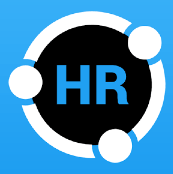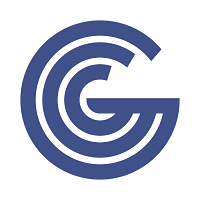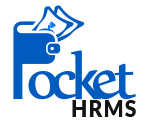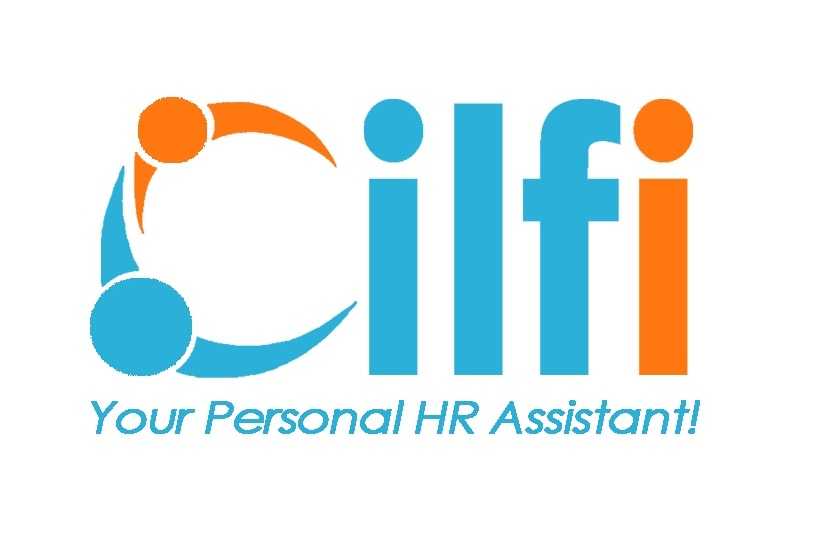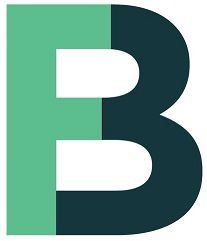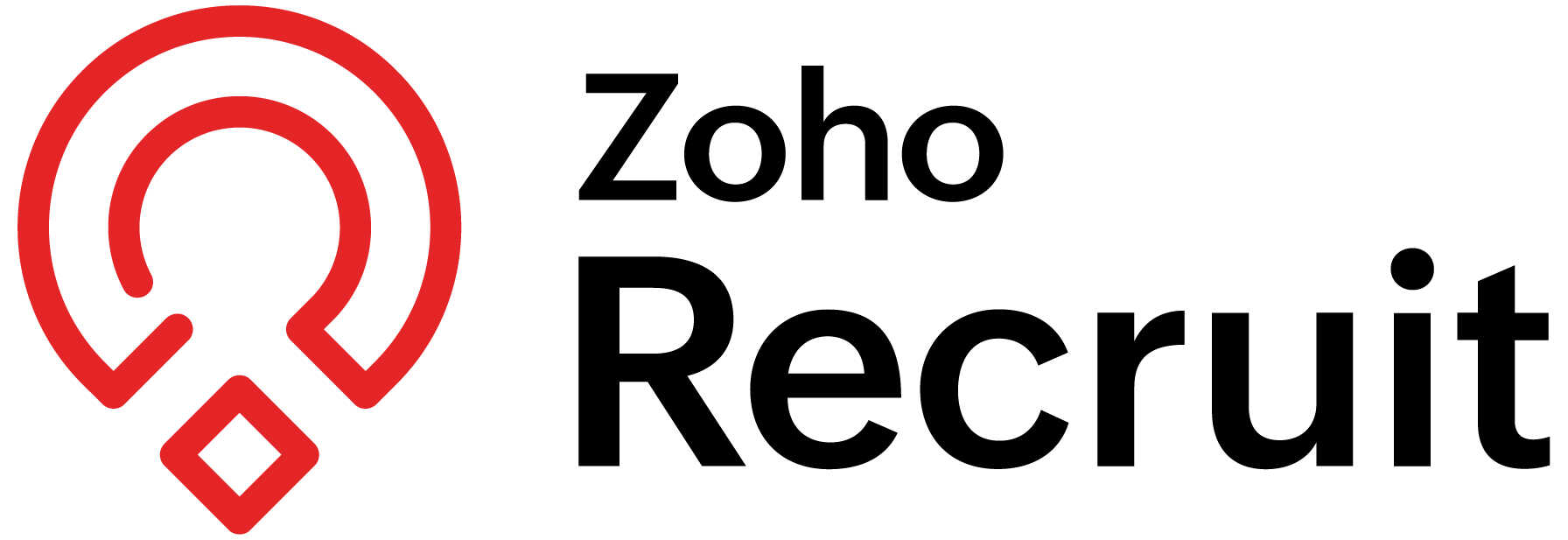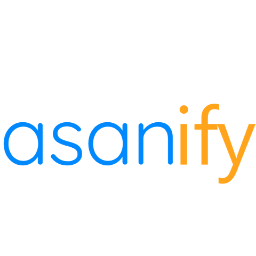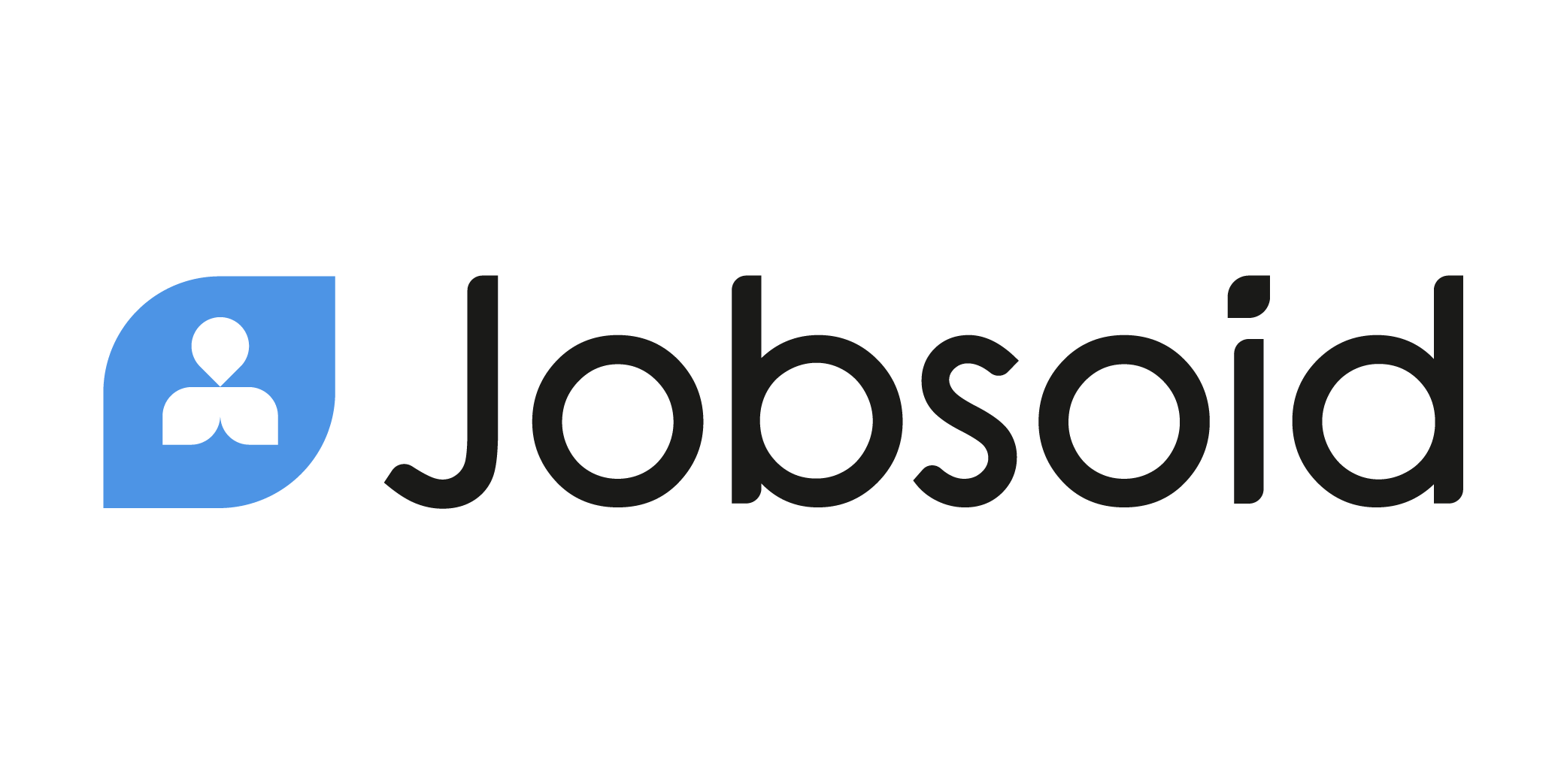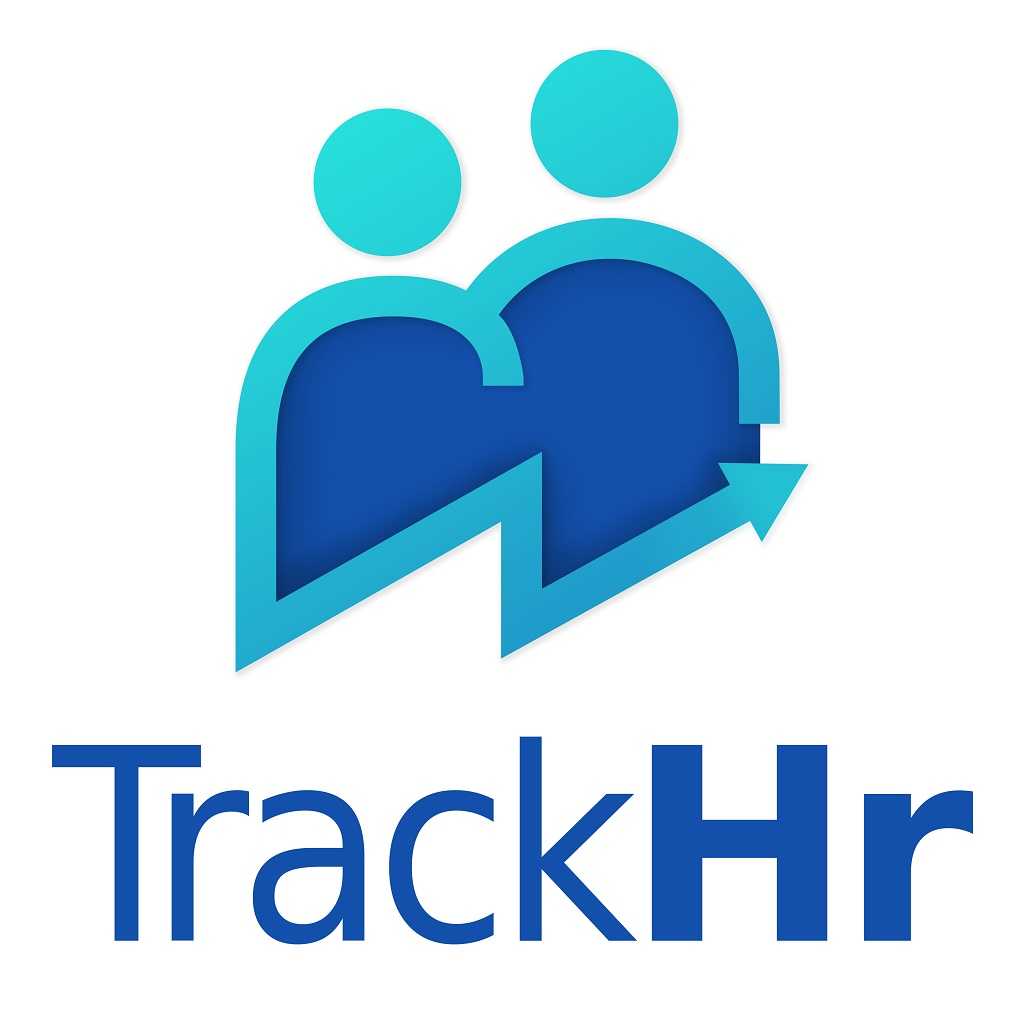Yes, HR mobile apps software can be accessible from different devices and platforms. Most HR mobile apps are designed to work with a variety of operating systems and devices, including iOS and Android smartphones and tablets. This enables employees and HR professionals to use the app whenever, whenever, and on any device. Furthermore, many HR mobile apps provide a web-based version that can be used from desktop PCs.
List of 20 Best HR Mobile Apps Software
HRStop Mobile App is a HR management solution that optimizes your work process and allows you to focus on other important tasks. With regular updates and improvements, HRStop guarantees the best return on your investment. Simplify and streamline your...Read More HRStop Mobile App
PeoplesHR is a versatile and adaptable software that is specifically designed to manage all aspects of Human Resource Management. This all-inclusive platform provides a plethora of features to support day-to-day operations, tactical tasks, and strate...Read More PeoplesHR
ApHusys - the world-renowned HR solution for securely managing sensitive HR data. With our platform, your data is rigorously monitored and safeguarded. Streamline tasks, reduce administrative costs, and improve company-wide communication. Access crit...Read More ApHusys
2Grow HR is a HR solution for simplifying your payroll processes and maximizing your efficiency. With 2Grow HR, you can effortlessly manage employee salaries, including wages, benefits, taxes, and deductions, all in one seamless platform. Bid farewel...Read More 2Grow HR
Smart LAP is a Leave & Attendance Management solution. Our game-changing app is installed on your employees personal devices and utilizes cutting-edge Face Recognition and Geo Location technology for precise attendance tracking, without the need for...Read More Smart LAP
CuckooTech - the leading attendance platform that has mastered the art of gamification. Say goodbye to compliance woes and hello to unparalleled employee engagement. Our satisfied clients swear by CuckooTech for surpassing their expectations and fulf...Read More CuckooTech
ManagerHR Mobile App – solution for effectively managing human capital in all organizations. Our state-of-the-art software is tailored to meet the specific requirements of Human Resource departments. Simplify your HR procedures and boost effic...Read More ManagerHR Mobile App
Connecteam, the cost-effective mobile field service management solution that effortlessly links team members no matter their location. Featuring a variety of customizable templates, Connecteam enables employees to maximize their efficiency, resulting...Read More Connecteam
Pocket HRMS is a HR and payroll software that simplifies your HR tasks, offering automated solutions for payroll processing, attendance management, and onboarding processes. With our cloud-based and mobile-enabled technology, your employees can easil...Read More Pocket HRMS
CILFI is a HRMS solution that combines ease of use with unparalleled customization. Our cutting-edge technology is designed to empower employees at every level, providing a comprehensive solution for all your HR requirements. See the CILFI difference...Read More CILFI
forBinary is a HR app for modern businesses. Easily create customized mobile apps in as little as 15 minutes without any coding. With a user-friendly interface and support for multiple languages, forBinary helps you engage with your employees like ne...Read More forBinary - HR Apps
Zoho Recruit is a applicant tracking system and recruitment software designed for todays workforce. Our advanced features streamline your hiring process and help you find top talent quickly. Say goodbye to missed opportunities and make confident hiri...Read More Zoho Recruit
Officekithr the HR software that helps you efficiently manage your employees and payroll. Keep track of employee data, monitor attendance, and elevate your HR management with ease using our user-friendly interface. Streamline your processes and save...Read More Officekithr
Asanify is a solution for HR, Payroll, and Benefits designed specifically for small businesses in India, US, UK, Germany, and Singapore. With a user-friendly platform and a conversational interface that can be integrated with popular communication pl...Read More Asanify HR, Payroll and Benefits
HR Mangtaa - the leading HCM software that provides a holistic solution for efficient human resource management and business advancement. Our integrated platform simplifies the entire employee lifecycle, from recruitment to retirement, allowing you t...Read More HR Mangtaa
Jobsoid is a Online Applicant Tracking System (ATS) that optimizes the entire recruitment process for businesses. Its state-of-the-art features simplify steps from sourcing top candidates to securing the ideal hire. With a user-friendly interface and...Read More Jobsoid
PeopleQlik is a HR and Payroll software specially designed to cater to the needs of small to large-scale companies. Leveraging our advanced features and functionalities, businesses can efficiently manage their human capital and resources to drive gro...Read More PeopleQlik
WebHr Mobile App is a solution for efficient HR management. With its cloud-based platform, easily manage all HR functions straight from your phone. Designed for HR Managers, this affordable app simplifies complex processes and offers accessibility to...Read More WebHr Mobile App
Flightman is an aviation software that raises the bar for airline operations and improves flight performance. Its exceptional reputation among industry leaders stems from its ability to streamline tasks such as flight planning and crew management. Th...Read More Flightman
TrackHr is a software for efficient business management. Stay organized and boost productivity as your business grows and teams expand. With TrackHr, wastefulness and inefficiencies are a thing of the past. Streamline tasks and manage your time effec...Read More TrackHr
Learn More About HR Mobile Apps Software
- What Is HR Mobile Apps Software?
- What Are The Recent Trends In HR Mobile Apps Software?
- Benefits Of Using HR Mobile Apps Software
- Important Factors To Consider While Purchasing HR Mobile Apps Software?
- What Are The Key Features To Look For In HR Mobile Apps Software?
- Why Do Businesses Need HR Mobile Apps Software?
- How Much Time Is Required To Implement HR Mobile Apps Software?
- What Is The Level Of Customization Available In HR Mobile Apps Software?
- Which Industries Can Benefit The Most From HR Mobile Apps Software?
- Conclusion
What Is HR Mobile Apps Software?
HR Mobile Apps Software is a technology solution that uses mobile applications to streamline human resource duties and processes. These apps are available on smartphones and tablets, allowing HR professionals and employees to access critical information and conduct activities on the go. One of the most important advantages of HR mobile apps is the ability to view and change employee information in real time.
This includes personal and contact information, job descriptions, and performance ratings. This not only increases the accuracy of personnel information, but it also enables speedier decision making and more efficient communication between HR and workers. Another major feature of HR mobile apps is their capacity to automate and streamline numerous HR operations.
This involves managing time off requests, organizing interviews, and monitoring staff training and growth. With these automated processes, HR professionals can save time and concentrate on more strategic objectives. Furthermore, HR mobile apps frequently contain self-service features for employees. This implies that employees may access and edit their own information, examine pay stubs, request time off, and monitor their performance and goals.
This not only empowers employees to manage their own information, but it also decreases HR's workload. Security is also an important aspect of HR mobile applications. These apps frequently include advanced security features to secure sensitive employee information, such as multi-factor authentication and encryption. This is critical for protecting employee data and adhering to privacy requirements.
HR mobile apps can also be coupled with other HR systems and tools, including payroll and performance management software. This ensures a smooth flow of information and eliminates the need for human data entry. When considering acquiring HR mobile app software, look for a user-friendly interface, customisable functionality, and strong security measures. It is also advisable to select software with great customer support and regular updates to guarantee that the technology remains current and matches the changing needs of your firm.
What Are The Recent Trends In HR Mobile Apps Software?
HR mobile app software has experienced an increase in demand in recent years as technology has become more widely adopted in the workplace. With more and more businesses embracing remote work and flexible schedules, the demand for robust HR mobile apps is greater than ever.
We'll look at the most recent trends in HR mobile app software and help you make an informed decision about which solution is best for your firm.
1. A Focus On Employee Engagement: One of the most noticeable trends in HR mobile app software is the emphasis on employee engagement. Human resources is no longer viewed solely as a function for managing administrative chores. Today, HR departments use mobile apps to increase employee engagement and motivation. These apps provide features such as pulse surveys, recognition and feedback mechanisms, and social media-style elements to increase employee morale and promote a feeling of community among employees.
2. Interaction With Other HR Systems: Another popular feature of HR mobile app software is interaction with other HR systems. HR departments are now seeking for solutions that can work smoothly with their existing HR software, such as payroll, performance management, and learning management systems. This connection not only improves HR operations, but it also provides a more comprehensive picture of employee data, allowing for better decision-making.
3. Artificial Intelligence (AI) And Machine Learning (ML) Capabilities: AI and ML are having a huge impact on the HR industry, and mobile apps are no exception. HR mobile apps with AI and ML capabilities can automate boring chores like data input and scheduling, freeing up HR managers' time for more strategic efforts. These apps can also analyze employee data to provide insights into performance and pinpoint areas for development.
4. Personalization: Personalization is becoming a typical requirement for all software, including HR mobile apps. Mobile apps that can customize the user experience based on an employee's position, location, and preferences can boost usability, engagement, and adoption rates.
5. Data Security: With the influx of sensitive employee information, HR departments have made data security a primary focus. In response, HR mobile apps increasingly include comprehensive security features like as biometric verification, data encryption, and user access management to safeguard employee data confidentiality and integrity.
Benefits Of Using HR Mobile Apps Software
Human Resources (HR) departments play an important role in any firm, managing employee data, performance, attendance, and other aspects. With the increased use of mobile devices, HR mobile apps software has shown to be a game changer in streamlining HR operations and enhancing productivity.
We'll look at the advantages of adopting HR mobile app software to help you make an informed purchase decision.
1. Improved Accessibility: One of the primary benefits of HR mobile app software is increased accessibility. It allows HR professionals to view and manage employee data from anywhere and at any time. This reduces the requirement for physical presence in the office and enables for remote work, resulting in more flexibility and productivity for HR and employees.
2. Saves Time And Effort: Manual and time-consuming procedures, including as attendance tracking, leave management, and performance reviews, can be automated with HR mobile app software. This saves HR professionals considerable time and effort, freeing them up to focus on more strategic and critical duties.
3. Real-Time Updates: HR mobile app software provides real-time updates, ensuring that employee information is constantly up to current. This removes the possibility of errors and inconsistencies that may occur with manual data entering. It also enables speedy decision-making based on precise and current data.
4. Easy Communication And Collaboration: HR mobile app software includes communication and collaboration functions, allowing HR professionals to connect with employees and vice versa. This fosters a transparent and open communication culture inside the firm, resulting in increased employee engagement and happiness.
5. Enhanced Data Security: Data security is a vital responsibility for any firm, and HR mobile app software assures this. It has built-in security features such as encryption, safe server hosting, and user authentication to protect sensitive employee data from cyber attacks.
6. Cost-Effective: Adopting HR mobile app software might save firms money in the long run. It removes the need for paper-based operations, cuts administrative costs, and improves overall efficiency, resulting in cost savings.
Important Factors To Consider While Purchasing HR Mobile Apps Software?
When it comes to choosing HR mobile app software, there are numerous key elements to consider in order to make the best option for your company. After all, the correct software may help you save time, boost productivity, and streamline your HR procedures. First and foremost, determine your individual HR requirements and priorities. This will help you limit down your selections and select software that meets your specific needs.
Employee management, onboarding, training, performance assessments, and payroll are some of the most important considerations. Next, analyze the features and functionality provided by various HR mobile app software. Look for tools that will simplify and streamline your HR tasks. This could incorporate features like automated leave requests, real-time attendance tracking, and rapid access to employee information. Integration is another important issue.
Your HR software should be able to work easily with your existing systems, such as your HR management system or payroll software. This will enable a steady flow of data while minimizing potential errors or anomalies. Security is also a major factor when it comes to HR software. You want to ensure that your employees' data is safe and secure. Look for software that includes strong security features such as data encryption and scheduled backups.
User friendliness and simplicity of navigation are other essential considerations. You want software that is simple and easy for your HR team to use, without requiring substantial training or assistance. Consider obtaining a demo or a free trial to get a sense of the user experience before making a purchase. Another crucial consideration is the software's scalability.
As your company grows, your HR requirements will certainly evolve. Make sure the software you chose can meet your future requirements and simply adjust to changing situations. Finally, don't overlook the cost and price model of the HR mobile app software. Look for a solution that provides good value for your money while remaining within your budget. Keep in mind any additional fees for features or integrations that may be required for your organization.
What Are The Key Features To Look For In HR Mobile Apps Software?
When looking for HR mobile apps software, there are a few crucial elements to examine to ensure that you're making the greatest decision for your company's needs. These characteristics can differ from one software to the next, so it is critical to carefully assess each one to determine the greatest fit for your business.
The following are the main features to look for in HR mobile app software:
1. Employee Self-Service: One of the most significant aspects of HR mobile app software is the ability for employees to access their own information and do tasks such as requesting time off, changing personal information, and checking pay stubs.
2. Performance Management: An effective HR mobile app should include options for creating objectives, tracking progress, and performing performance appraisals. This enables efficient and successful staff performance management.
3. Time And Attendance Monitoring: Proper time and attendance monitoring is required for accurate payroll processing. Look for HR mobile solutions that enable employees to clock in and out, track sick and vacation time, and request time off using their mobile devices.
4. Customizable Reports: The option to create custom reports can save HR managers a significant amount of time and work. Look for HR mobile apps that provide customizable reports to fit your specific requirements.
5. Task Management: An HR mobile app should include task management functionality to help optimize HR processes. This may involve task assignment, tracking, and automated reminders to ensure that key tasks are completed on time.
6. Onboarding And Training: Look for HR mobile apps that provide tools for staff onboarding and training. These may contain orientation materials, staff handbooks, and training modules that may be accessed directly through the app.
7. Integration With HRIS: If your company employs a human resource information system (HRIS), ensure that the HR mobile app is functional and can interface easily with it. This enables seamless data sharing and tracking across platforms.
8. Compliance Management: Adherence to labor laws and regulations is critical for any firm. Look for HR mobile apps that have compliance management tools to guarantee your organization complies with all applicable requirements.
9. User-Friendly Interface: The HR mobile app must have a user-friendly interface so that employees may fully utilize it. Look for programs that are simple to use, visually appealing, and have a straightforward design.
10. Data Security: Ensuring the confidentiality of sensitive employee information is critical. Look for HR mobile apps that provide advanced security features such as data encryption and secure access procedures. By taking these crucial aspects into account, you can make an informed decision about which HR mobile app software will best fit your organization's needs. To determine the ideal fit for your firm, consider your specific requirements as well as your workers' specific demands.
Why Do Businesses Need HR Mobile Apps Software?
In today's fast-paced digital age, organizations are continuously seeking for ways to streamline their operations and boost efficiency. One sector that has seen substantial growth and demand is HR management, and with the rise of mobile technology, HR mobile apps software has become a must-have for enterprises of all kinds. So, why do organizations require HR mobile application software?
Let's investigate:
1. Accessibility: HR mobile apps enable employees and managers to access critical HR information at any time and from any location. This enables speedier communication and decision-making, particularly for remote or mobile staff.
2. Employee Self-Service: HR mobile apps enable employees to view and update personal information such as contact information, benefits, and leave requests. This decreases the workload for HR personnel and enhances data accuracy.
3. Time And Attendance Tracking: HR mobile apps allow employees to simply check in and out, enter their work hours, and request time off. This simplifies the time and attendance procedure, allowing HR to easily track and approve employee hours.
4. Training And Development: Many HR mobile apps contain tools for online training and development, allowing employees to access training materials and courses from their mobile devices. This encourages continued growth and development inside the firm.
5. Performance Management: HR mobile apps can help with performance management by giving employees a place to create goals, track progress, and get feedback from managers. This encourages a culture of constant growth and accountability.
6. Data Analytics: HR mobile apps collect data from numerous HR operations, allowing firms to gain useful insights into employee performance, engagement, and overall HR efficiency. This information can aid with strategic decision-making and identifying areas for improvement.
How Much Time Is Required To Implement HR Mobile Apps Software?
The implementation time for HR mobile apps software varies depending on a number of factors. These factors include the size of your firm, the complexity of your HR procedures, and the exact features and functionalities of the software you select. On average, it takes 6-8 weeks to completely integrate HR mobile apps software. This time range covers initial setup, data migration, training, and testing.
Small businesses with simple HR processes may be able to integrate the software in less time, but larger organizations with more complex processes may take longer. To achieve a successful implementation process, you must first understand your organization's needs and practices. It is also worth noting that your HR team's level of involvement and collaboration can have an impact on implementation time.
Involving key stakeholders and offering appropriate training can assist speed the implementation process and assure the software's effective adoption. When looking at HR mobile app software, it's critical to question providers about their usual implementation time and any additional help they offer during the process. This can help you set realistic goals and select software that is appropriate for your organization's timetable and needs.
What Is The Level Of Customization Available In HR Mobile Apps Software?
HR mobile apps software provides a wide range of customization possibilities to meet the specific needs of an organization.
The degree of customization offered varies based on the specific software, however here are some common options to expect:
1. Branding And Visual Customization: One of the primary benefits of HR mobile apps is the possibility to personalize the UI to reflect your brand. This includes using your company's logo, color scheme, and other branding elements in the app.
2. User Access And Permissions: HR mobile apps allow you to specify who has access to specific functionalities and information. This enables for a more personalized and secure experience for your employees.
3. Custom Data Fields: Most HR mobile apps let you create custom fields to meet your company's specific data requirements. This could include employee demographics, job-specific information, or any other pertinent data.
4. Workflow And Process Customization: HR processes differ amongst organizations, and mobile apps enable workflow and process modification. This can help to streamline tasks and increase efficiency for your firm.
5. Integration With Other Systems: HR mobile apps can work with payroll, time and attendance, and performance management software. This provides a more seamless experience and eliminates the need for manual data entry.
6. Custom Reporting And Analytics: With customizable reporting and analytics options, you can track and analyze HR data in ways that are relevant to your firm. This can provide significant information about employee performance, HR processes, and general business operations. Overall, HR mobile apps are very customizable to match your organization's specific demands. Using these features, you can build a more efficient and personalized HR system that corresponds with your business goals.
Which Industries Can Benefit The Most From HR Mobile Apps Software?
HR mobile app software is a groundbreaking tool that has transformed how businesses manage their human resources. It provides a comprehensive range of tools and functionality that streamline and optimize HR procedures, saving time and resources for businesses of all sizes. While the advantages are obvious, you may be asking which industries will profit the most from deploying HR mobile apps software.
Let's have a closer look.
1. Healthcare Healthcare employs a vast and diversified workforce, making it an ideal option for HR mobile app software. Employee self-service, time and attendance tracking, and shift scheduling are all tools that healthcare firms may use to better manage their workforce and maintain smooth operations. Furthermore, with the app's mobile accessibility, medical professionals may easily update their information and demands while on the road.
2. Retail: Retail is another area that might tremendously benefit from HR mobile app software. With a high turnover rate and seasonal employment requirements, handling employee information, schedules, and payroll can be difficult. HR mobile app software enables shops to complete these activities efficiently and accurately, resulting in smooth operations and satisfied staff.
3. Hospitality: The hospitality business, which includes hotels, restaurants, and event organizing, has a significant demand for HR mobile app software. The app's capacity to streamline communication, training, and scheduling processes benefits both customer service and guest experiences. It also streamlines the onboarding process for new employees, lowering training time and expenses.
4. Manufacturing: In the fast-paced and ever-changing manufacturing industry, HR mobile app software can be a game changer. By automating regular HR operations like leave requests and performance reviews, HR professionals can devote more time to more important topics. It also delivers critical data and insights for better decision-making, increasing productivity and efficiency on the manufacturing floor.
5. Finance & Accounting: HR mobile app software is very useful in the finance and accounting industries. These experts frequently have a severe workload, making it difficult to monitor employee benefits, performance, and leave requests manually. Finance and accounting professionals can save time and increase HR process accuracy by utilizing the app's automation and self-service features.
6. Education: HR mobile app software can also greatly help the education industry, which includes schools, colleges, and universities. With the growing usage of mobile devices in education, the app helps instructors and staff manage their information and activities, such as attendance tracking, leave requests, and employee development. This convenience and efficiency lead to a better learning and working environment.
Conclusion
Finally, HR mobile apps software provides numerous benefits for firms of all sizes. From automating HR operations to increasing employee engagement, these tools have transformed how businesses handle their human resources. When looking for the best HR mobile app, you should examine your individual requirements and budget. Take the time to investigate and compare several possibilities to determine which one best meets your company's needs.
When making your decision, keep in mind the importance of user-friendly interfaces, substantial functionality, and dependable customer service. Also, assess the app's scalability and integration capabilities to guarantee it can expand with your company and interface with your existing systems. Finally, investing in an HR mobile app can significantly improve your company's HR procedures, productivity, and overall employee experience. So, don't hesitate to use this revolutionary technology to elevate your HR procedures.
HR Mobile Apps Software FAQ's
Can HR Mobile Apps Software Be Accessed Across Multiple Devices And Platforms?
Is HR Mobile Apps Software Future-Proof And Adaptable To Emerging Technologies Like AI, Blockchain Or IoT?
Yes, HR mobile app software is always evolving and adapting to the latest emerging technologies, including AI, blockchain, and IoT. They are designed to be future-proof and easily integrated with these technologies, resulting in improved features and efficiency in human resource management.
HR mobile apps, for example, can employ AI to automate repetitive activities, and blockchain technology assures secure and transparent record-keeping. This makes HR mobile app software a wise and practical solution for firms, since it can adapt to the evolving world of HR technology.
Is There A Free Trial Offered To Assess HR Mobile Apps Software Before Committing?
Yes, many HR mobile app software companies provide a free trial period to evaluate their product before committing to a subscription. This allows organizations to test the software's features and functionalities to see if it fulfills their requirements. Free trials often last 7-30 days, depending on the provider. This enables organizations to make an informed selection about the best HR mobile app for their needs.
Does HR Mobile Apps Software Offer Data Security Features And Meet Regulatory Compliance Standards?
HR mobile app software acknowledges the importance of data security and regulatory compliance. As a result, they provide advanced security features such as data encryption, multi-factor authentication, and safe cloud storage.
These apps also follow regulatory standards like as GDPR, CCPA, and HIPAA, which protect the confidentiality and privacy of sensitive employee data. This enables enterprises to trust and rely on HR mobile apps for the safe and compliant handling of their HR data.
Can HR Mobile Apps Software Integrate Seamlessly With Existing Tools And Platforms?
Yes, HR mobile app software can work smoothly with existing tools and platforms. Most HR mobile apps include APIs that enable simple integration with popular HRIS, payroll, and performance management systems. This enables a smooth data flow while eliminating the need for manual data entry, saving time and decreasing errors.
In addition, some HR mobile apps provide pre-built interfaces with popular platforms like as Microsoft Teams and Slack to improve workplace communication and collaboration. Overall, incorporating HR mobile apps into current tools and platforms can help to improve HR procedures and streamline workflows.

